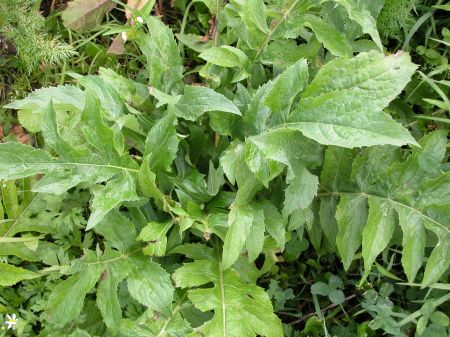The maral plant is consumed by wild animals as a food plant. According to this observation, mountain dwellers have also been using this plant in folk medicine and as animal feed for a long time. Some interesting effects of the main ingredients of this plant can be derived from the literature. For example, 20-hydroxyecdysone is referred to as a substance with an adaptogenic effect. Adaptogenic plants help the organism to adapt to stressful situations. The following requirements are placed on adaptogenic substances:
- harmlessness to the organism,
- Do not create dependency
- Only slightly influence physiological functions
- Improve resistance on a broad, non-specific basis
- Normalizing effect, regardless of the type of previous
pathological disorder
The area where the piglets are weaned from the mother causes stress in the young animals in different ways. Reactions to this can include diarrhea, increased fights for hierarchy, or cannibalism (tail biting, ear biting).
To initially clarify the possible use in pig feeding, feeding trials are being carried out at IBL Wels. In two rounds, around 80 piglets are divided into two groups and fed with a conventional feed mixture. In the experimental group, 1% grain is exchanged for 1% dried leaf of Rhaponticum carthamoides. Based on the biological performance data (gains, feed conversion) of the piglets, which are collected over a period of 3 weeks, initial conclusions can be drawn about the area of application.







